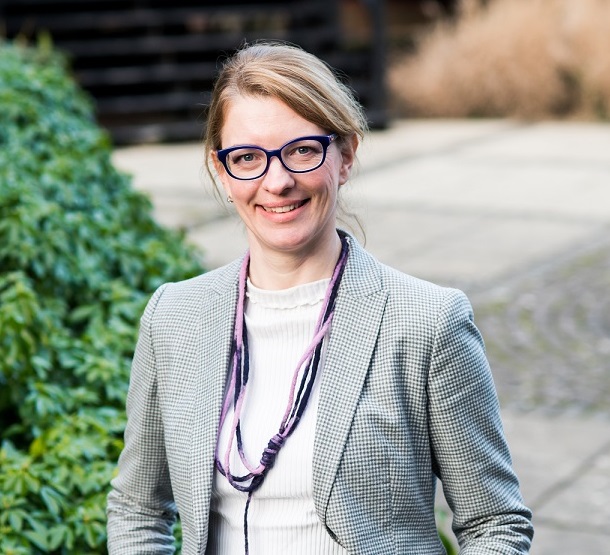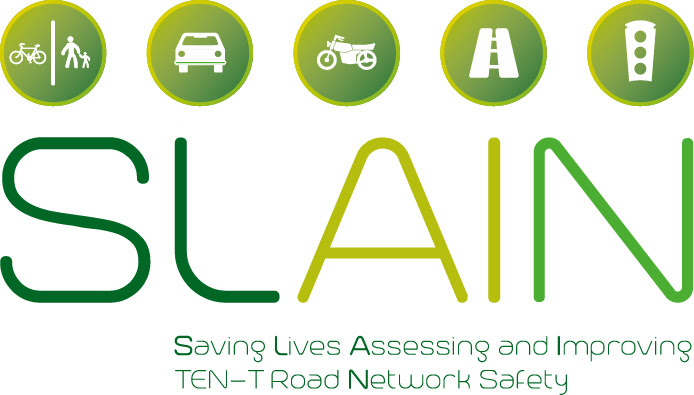|
|
| |
| |
 |
COVID-19: AN OPPORTUNITY TO TRANSFORM ROAD SAFETY
|
| |
|
“It was the best of times, it was the worst of times, it was the age of wisdom, it was the age of foolishness, it was the epoch of belief, it was the epoch of incredulity, it was the season of light, it was the season of darkness, it was the spring of hope, it was the winter of despair.”
― Charles Dickens, A Tale of Two Cities
On March 11, 2020, the World Health Organisation declared COVID-19 a pandemic.
In the first four months of 2020, there have been about a quarter of a million COVID-19 related deaths around the world. Globally, authorities are still doing what needs to be done to stop the pandemic. People are adopting and endorsing safety protocols that completely change life as they knew it.
As the world struggles through the tragic coronavirus outbreak, another health crisis has been silently going on for decades.
In a typical four-month period, more than 600,000 people would die on roads around the world. What are authorities globally doing about that? What are national road safety authorities doing? Road safety activity is not ‘business as usual’. Is there enough activity?
Countless comparisons between the pandemic and road crash deaths are being made. The scale of the road safety problem puts the seriousness of the COVID-19 crisis in perspective.
However, rather than comparing the extent of suffering and death wrought by both horrific causes, there may be broader lessons we can learn to save many lives and much future suffering.
The current experience with pandemic has provided us with guidance on how to re-design our work as well as generating revamped government accountability for health externalities caused by traffic, particularly road crashes.
Along with all the suffering, loss, and upheaval of COVID-19, we have the opportunity to evolve.
#StaySafe
#StayConnected
dtp.interreg-danube.eu/RADAR |
|
| |
 |
INTERVIEW WITH OLIVERA ROZI, EIRA PROJECT DIRECTOR
|
| |
 |
|
In road safety, it is important to understand that very difficult work needs to be done and results may be visible only years after, even though we would want to see them immediately. You need to keep going.
To cite one of my favourite notes from Tagore: “The one who plants trees, knowing that he will never sit in their shade, has at least started to understand the meaning of life.” We need to leave safer roads for future generations.
Read more....
|
|
| |
 |
CROATIA AND EUROPE: SAME TRAFFIC RULES, DIFFERENT INTERPRETATION?!
|
| |
 |
|
There were 4,077 people fatally injured in ten Danube area countries throughout 2017 alone. Putting that number in perspective, comparing it for example, with an epidemic outbreak and it will be clear how we underestimate that number only because our opinion regarding traffic accidents is biased by the idea that it is entirely drivers' fault. Precisely this outdated way of thinking, which does not lead us towards saving those lives, is being tackled by the RADAR project seeking to increase awareness on all levels, from the general public to key decision-making stakeholders.
Read more...
|
|
| |
 |
AMID THE PANDEMIC OUTBREAK THE FOURTH STEERING COMMITTEE METAMORPHOSED
|
| |
 |
|
The RADAR project faced a roadblock when most organisations across the world started to adjust to remote work due to a health and safety situation. Without being able to get together a completely transnational team and by following the advice of institutional health officers, regional health authorities and national guidance for travel, the fourth Steering Committee meeting had to face a new reality. Instead of in-person meeting in Beograd, Serbia, the SC meeting successfully metamorphosed into a virtual one.
Read more...
|
|
| |
 |
A RECORD NUMBER OF PARTICIPANTS FOR THE FIRST ONLINE ROAD INFRASTRUCTURE SAFETY TRAINING COURSE
|
| |
 |
|
The first online training course initially planned in Moldova witnessed record numbers, with 47 road design engineers, road safety specialists, national authorities, road safety officers, and civil engineering students. This number confirmed the status of the training course as a leading course for road safety experts and policymakers, The three-day course was held on May 11 and successfully completed on May 13, 2020.
Read more...
|
|
| |
 |
CAPITALISATION ACTIVITIES: PROJECT SLAIN
|
| |
 |
|
The European Commission Connecting Europe Facility managed by INEA has funded the SLAIN project (Saving Lives Assessing and Improving TEN-T road Network safety). The European Road Assessment Programme (EuroRAP) is the lead partner in this consortium project which aims to improve road infrastructure safety on European TEN-T roads through risk assessment. Among its activities, SLAIN encompasses the assessment of roads as to their readiness for connected and automated vehicles (CAVs). Technical input within SLAIN is provided by the International Road Assessment Programme (iRAP). At the current stage, it is planned to collect data from a sample of 2,000 km of TEN-T roads in 4 different countries – Croatia, Greece, Italy, and Spain. An independent survey will be carried out to assess the infrastructure’s readiness for Automation. Results may be expected by the second half of 2020.
Read more...
|
|
| |
 |
do you know any #roadsafety project in your region?
|
| |
|
RADAR project is seeking identification of synergies and communication with other projects that tackle road safety, sustainable transport solutions and improved mobility in the Danube region.
Let us connect! We would love to give your project a shout out.
Contact our RADAR project communications manager at nina.petric@amzs.si.
|
|
| |
 |
UPCOMING EVENTS
|
| |
- June 2020 – Road Infrastructure Safety WEBINAR
Stay tuned for more events here.
|
|
| |
 |
radar IS ACTIVE - JOIN US NOW!
|
| |
|
RADAR project is very social. Speak our digital language and follow us.
   

|
|
|
|
|
| |
|
If you have received this newsletter, you have been included on one or more of the Danube Transnational Programme/projects postal mailing lists. We are committed to respect and protect the privacy of personal data collected. We regard your personal data as confidential information and will never communicate it to third parties. Your personal data are used mainly for the express purpose of receiving the newsletter. Your mailing details may also be used by the DTP and its projects for information and dissemination purposes strictly related to the programme and its projects. If you prefer not to receive more of this newsletter and your data not to be used for dissemination purposes, you can unsubscribe by sending a reply email.
|
|
|
|
|
|
